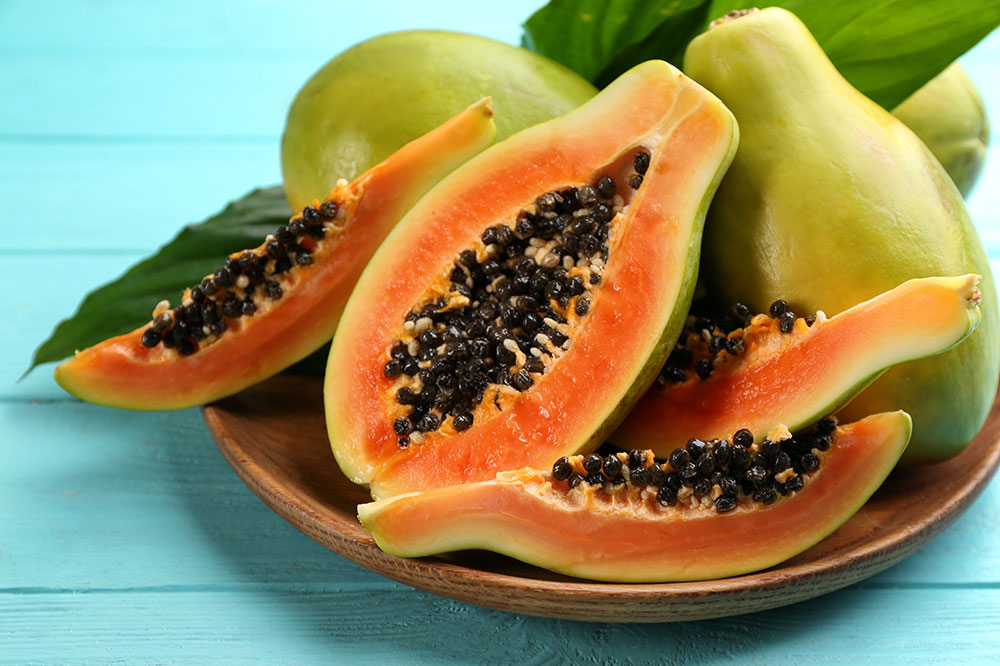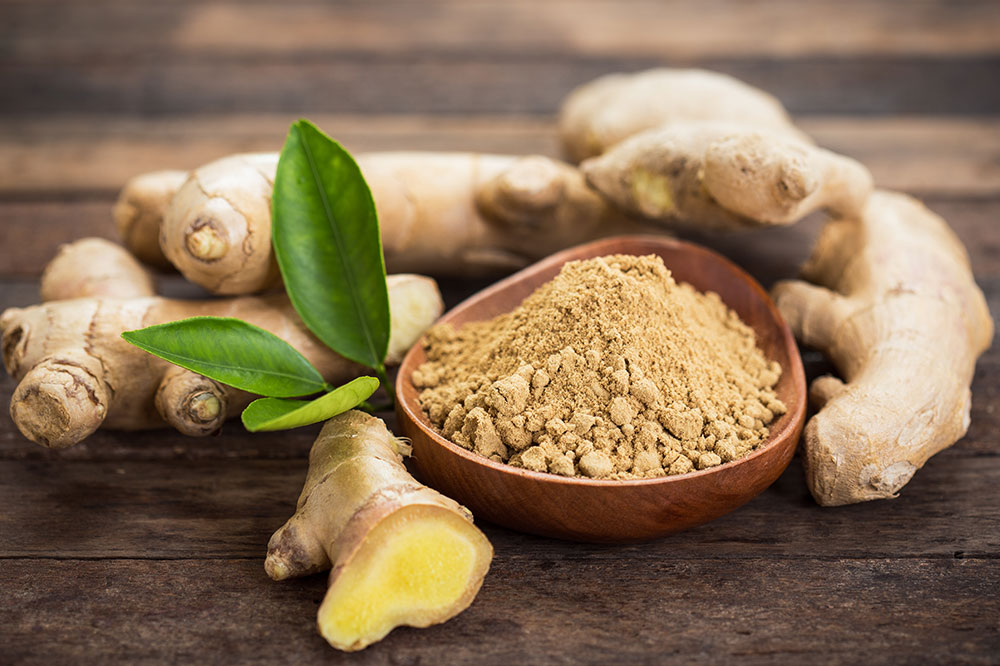Effective Dietary Strategies to Prevent and Manage Nasal Polyps
Discover comprehensive dietary tips and natural remedies to prevent and manage nasal polyps effectively. Learn about anti-inflammatory foods, essential nutrients, and simple home solutions to enhance sinus health and reduce inflammation, helping improve breathing and overall well-being.

Comprehensive Dietary Tips for Nasal Polyps Prevention and Relief
Nasal polyps are non-cancerous growths that develop along the nasal or sinus lining, often leading to nasal congestion, breathing difficulties, and a reduced quality of life. These growths result from chronic inflammation, environmental allergens, and genetic predispositions. Managing and preventing nasal polyps requires a multifaceted approach, with dietary modifications playing a key role. By incorporating anti-inflammatory foods and avoiding triggers, individuals can bolster their sinus health, reduce the likelihood of polyp formation, and alleviate existing symptoms. This detailed guide explores proven dietary strategies, essential nutrients, and home remedies to support sinus well-being and combat nasal polyps effectively.
Foods to Incorporate for Nasal Health:
Spicy foods with capsaicin
Chili peppers, especially cayenne, contain capsaicin, a natural compound known for its anti-inflammatory properties. Consuming spicy foods or using capsaicin-based nasal sprays under medical supervision can help open nasal passages, reduce congestion, and decrease inflammation in the sinus lining, providing symptomatic relief. Some individuals find that incorporating chili peppers into meals, or drinking spicy teas, can significantly improve nasal airflow.
Antioxidant-rich fruits and vegetables
Brightly colored produce such as berries (blueberries, strawberries, raspberries), citrus fruits (oranges, lemons, grapefruits), apples, cherries, red onions, broccoli, and capers are high in antioxidants including flavonoids and quercetin. These compounds combat oxidative stress caused by free radicals, which can contribute to inflammation and polyp growth. Regular intake of these foods strengthens immune response and supports overall sinus health.
Key Vitamins for Sinus and Nasal Health:
Vitamins A, C, E, and beta-carotenes play vital roles in maintaining healthy mucosal tissues and protecting the sinus lining from oxidative damage. Nutrients rich in these vitamins include carrots, sweet potatoes, spinach, pumpkins, citrus fruits, mangoes, and berries. These foods help reinforce tissue resilience, reduce inflammation, and prevent the development of nasal polyps.
Omega-3 Fatty Acids and Selenium
Omega-3 fatty acids, prevalent in fatty fish such as salmon, mackerel, sardines, and anchovies, possess potent anti-inflammatory effects that can help soothe inflamed nasal tissues. Selenium, an essential trace mineral found in Brazil nuts, walnuts, and lean red meats, supports immune regulation and reduces inflammation. Conversely, omega-6 fatty acids, often abundant in processed snack foods, may promote inflammation if consumed excessively; thus, moderation is advised.
Hydration and Mucus Management
Adequate water intake is crucial for maintaining thin mucus consistency, which facilitates drainage and prevents nasal blockage. Prioritizing water over sugary drinks or sodas preserves sinus health and aids in clearing allergens and mucus buildup.
Foods to Limit or Avoid to Reduce Inflammation:
To minimize irritation and allergic reactions, it’s advisable to limit or avoid foods such as gluten, soy, eggs, dairy products, processed foods with preservatives, artificial colors, and artificial flavors. These items can trigger allergic responses or worsen inflammation, increasing the risk of nasal polyp formation. Choosing organic, preservative-free options can help support immune function and reduce exposure to potential allergens.
Natural Home Remedy for Sinus Relief:
A simple yet effective method for clearing nasal passages is the use of a neti pot with a sterile, lukewarm saline solution. This practice, known as saline nasal irrigation, helps flush out mucus, allergens, and irritants from the sinus cavities, reducing congestion naturally. Regular use can significantly improve sinus comfort, support respiratory health, and complement dietary strategies for managing nasal polyps.





